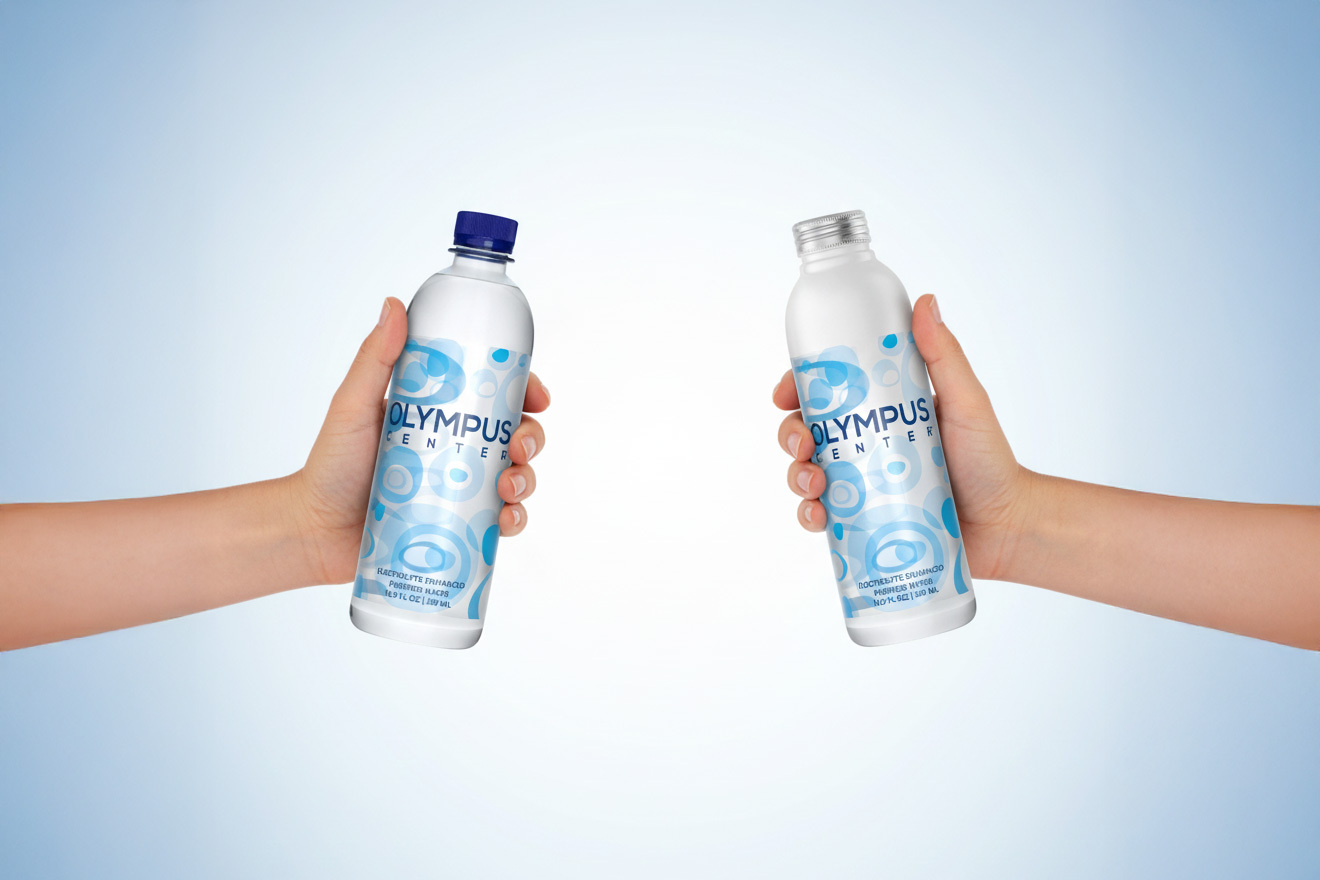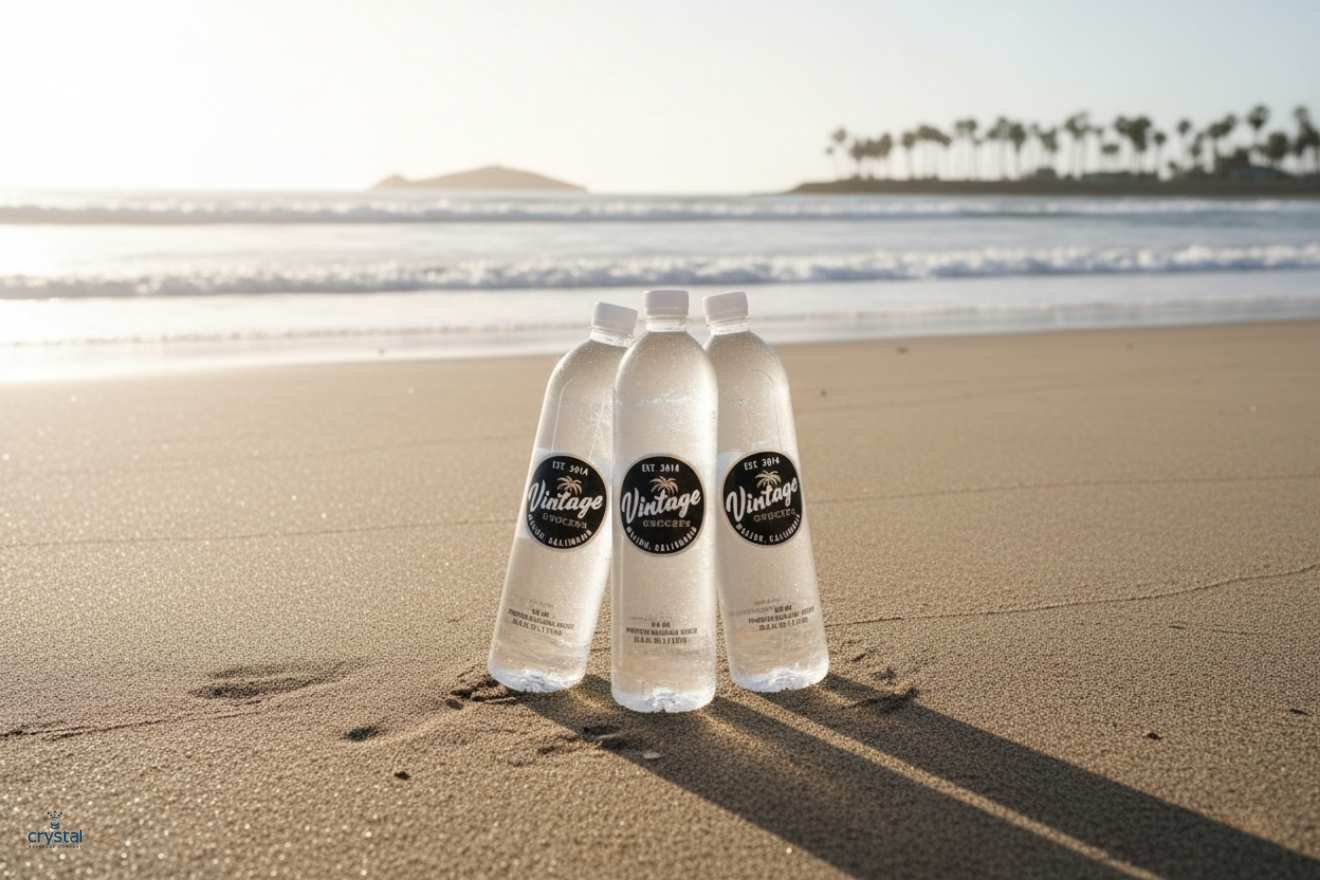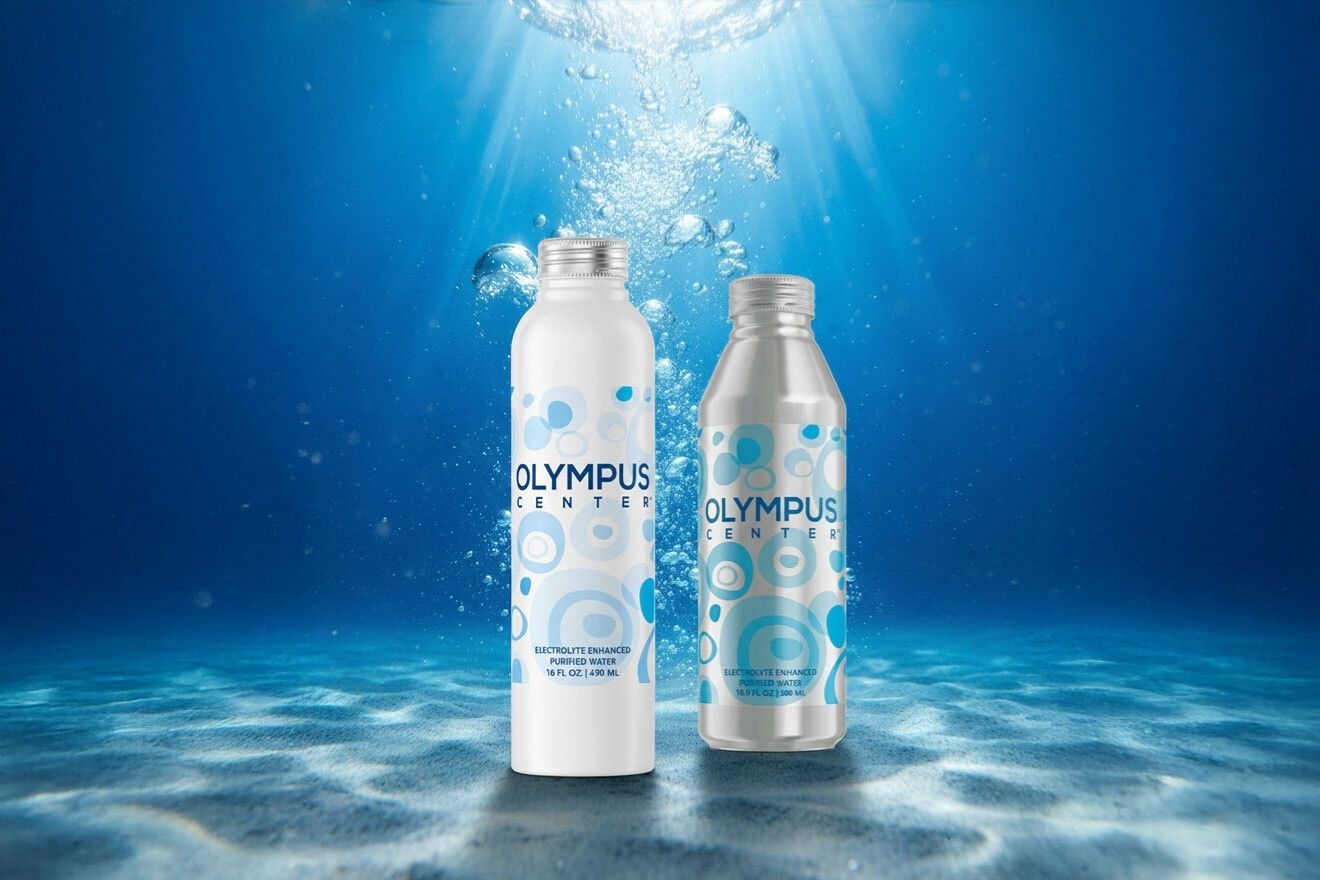10 Best Alternatives to Single-Use Plastic Bottled Water


Most of us understand that the world is in an environmental crisis. We need to make better decisions on our consumption, especially when it comes to our plastic waste. In this article, we highlight 10 of the best alternatives to plastic bottles so you can keep the same convenience of a water bottle without the harmful effects!
10 Best Alternatives to Plastic Water Bottles
- Aluminum Bottles
As one of our premium offers, we can assure you that aluminum bottles are the ultimate eco-friendly alternatives to plastic water bottles. They are not only as portable as plastic water bottles, they are also endlessly recyclable, so you don't have to worry about tossing the bottle away after you're done drinking!
Plus, our aluminum bottled water contains no plastic lining, unlike soda cans that require a plastic liner to keep the liquid from corroding the metal. What you get is pure, clean water without any leached chemicals. Drink up water in its purest form! Aluminum is also reusable, and does not degrade in purity over time, so you can keep using it again and again.
- Glass Bottles
Glass bottles are the original water bottles. This material has been used and formed into water bottles long before plastic water bottles hit the market. Glass water bottles are clean, pure, and do not leach chemicals in the water or the environment. However, they do shatter with impact and temperature changes so be cautious when handling glass bottles.
- Reusable Bottles
Plastic water bottles are not all bad, it really depends on the kind of plastic used to make the bottle. You can find a code at the bottom of your water bottles to see what kind of plastic bottles they are. #1 is Polyethylene Terephthalate (PET), #2 is High Density Polyethylene HDPE, and #5 is for Polypropylene or PP. Those are the recyclable kinds.
For reusable bottles, plastic ones are often made with PVC or Polypropylene with thicker walls that make the bottle much more durable than a disposable one. Reusable water bottles may also be made from aluminum, stainless steel, or even silicone.
- Biodegradable Disposable Water Bottles
Besides reusable bottles, there are now plant-based, BPA and toxin-free bottles that can be used in place of plastic water bottles. The material is made from corn, sugarcane, or other plant matter, and shaped into a waterproof bottle that decomposes in a matter of days, which is much more sustainable compared to the 450-year decomposition of plastic bottles.
- Boxed Water
Water in tetrahedron packages, commonly known as Tetra-Pak. Boxed water uses paper and fiber materials instead of plastic, metal, or glass bottles. Boxed water packaging is recyclable, however they may come with a plastic spout that will need to be separated from the packaging before recycling.
- Stainless Steel Water Bottles
Like aluminum, stainless steel is another metal that has been used in place of plastic bottles. Stainless steel water bottles are often heavier and meant to be durable as consumers tend to reuse the bottles over and over again. Most modern sports bottles are made from stainless steel with or without a vinyl or plastic print.
- Refillable Water Bottles
Besides heavy reusable water bottles, you can opt for a lightweight refillable water bottle made from reusable plastic or aluminum. Reusable stainless steel bottles and glass bottles tend to be on the heavier side, which is a hassle when hiking, trekking, or doing other activities. PVC and aluminum bottles tend to be lighter, and you can refill them as you go!
- Paper Products
Have a knack for hot drinks? Opt for paper cups instead of plastic bottles. Paper cups without a plastic liner are fully biodegradable and disposable, which makes them good alternatives to plastic water bottles when drinking water from a dispenser in a restaurant, cafe, office, or just to drink tap water at home.
- Silicone Bottles
Unlike plastic bottles, which cannot be bent or folded, silicone bottles can be rolled up to fit into any bag. The container is made from pure silicone, which does not leach harmful chemicals into the water as a plastic bottle would. Silicone bottles are reusable, generally dishwasher safe, and decrease the need for you to drink from a plastic bottle.
- Other Eco-friendly, Reusable Alternatives
Eco-friendly alternatives to bottled water are continuously growing each day. People are constantly innovating new materials that are sustainable alternatives to the dreaded plastic bottle. Eco-friendly can mean a reusable bottle, which may or may not be made from environmentally friendly alternatives to plastic bottles.
Other alternative materials may include ceramic bottles, algae-based plastic bottles, hybrid recycled bottles, and any other plastic alternatives that won't wreak havoc in the environment when disposed of.
Choosing the Best Option
There are many alternatives to plastic bottles available on the market. These are meant to decrease our plastic consumption, and be more mindful of the plastic waste we continuously produce. The best option would be one that suits your lifestyle the best.
Being sustainable is not only about choosing sustainable materials, but is also being minimalist about our packaging consumption and waste management. At My Own Water, we join in decreasing the plastic pollution by offering our eco-friendly aluminum bottled water to our consumers.






